Institutional repositories
Each higher education or research institution can request the creation of an institutional space in order to deposit and publish its research data. Below are the repositories already open:
-
Aix Marseille University (AMU)
Aix Marseille University (AMU)
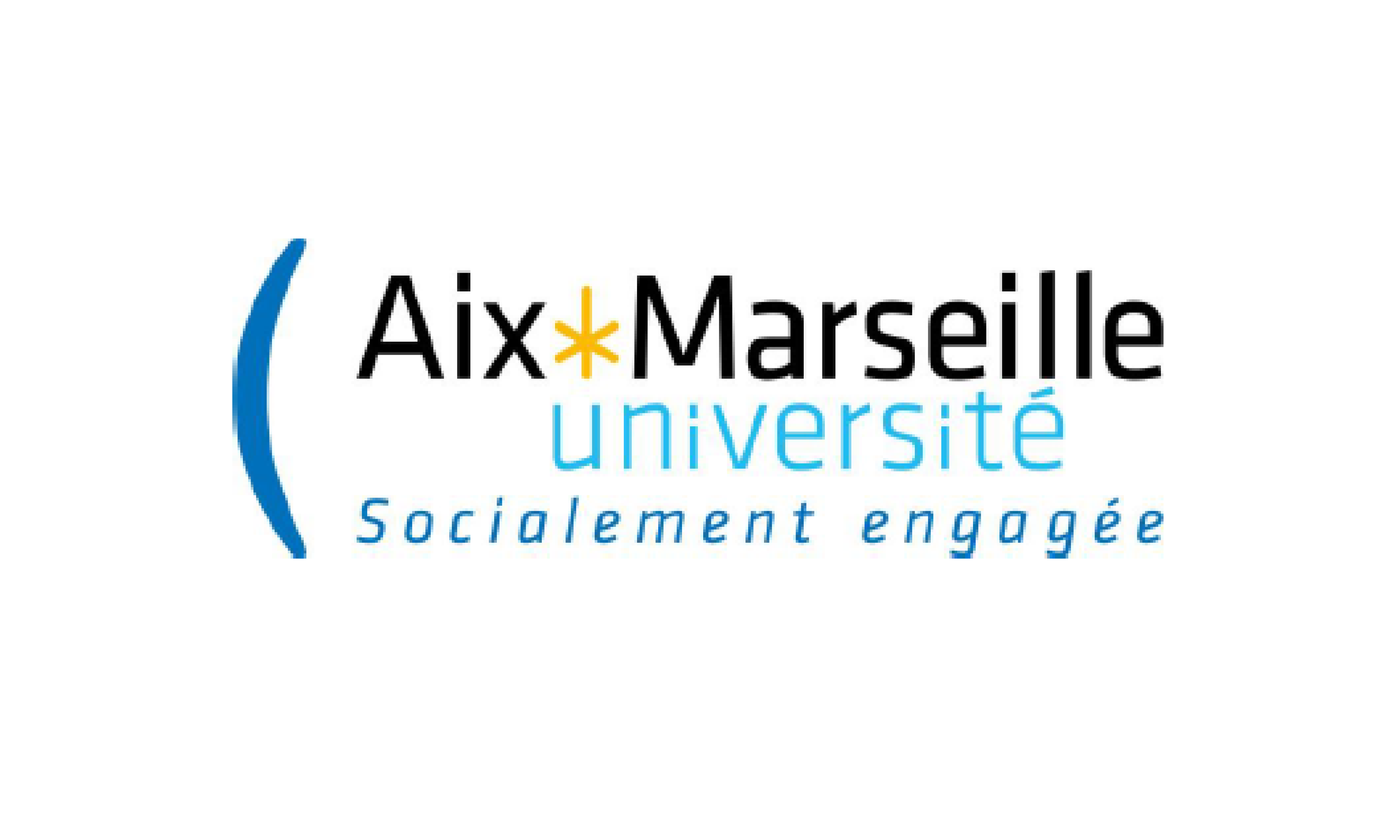
Aix-Marseille University brings together 113 research units, 9 federative structures, 12 doctoral schools, 18 establishment institutes around 5 interdisciplinary research axes: Energy; Environment; Health, Life Sciences; Advanced science and technology; Humanities.
At the crossroads of research and training, our establishment institutes are the result of a new interdisciplinary approach to offer students, researchers and industrialists new learning and potential for innovation. The training offer is based on three strong axes: interdisciplinarity, double courses and international openness.
Aix-Marseille University is a European civic university in cooperation with 9 European universities. Its A*Midex University Foundation, which supports the perpetuated IDEX, contributes to the development of a world-class interdisciplinary center of higher education and research.
-
Arts et Metiers Institute of Technology (ENSAM)
Arts et Metiers Institute of Technology (ENSAM)
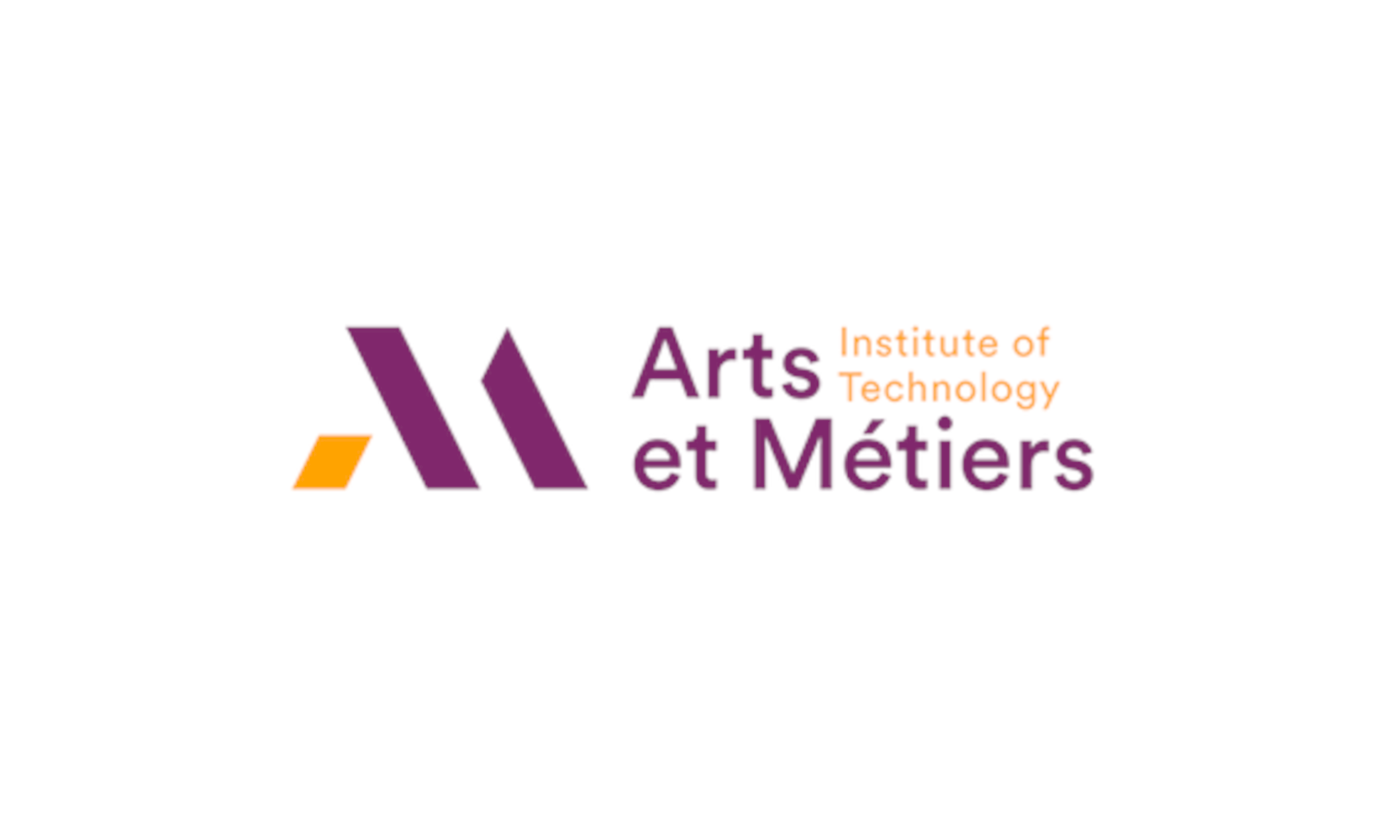
Arts et Métiers Institute of Technology is a high engineering school fitted with 15 research laboratories which trains more than 6000 students a year. This research data institutional repository enables Arts et Métiers’ researchers to deposit, to share out data produced and coproduced within the scope of their research works and to make them available to the public.
-
Avignon University (AU)
Avignon University (AU)
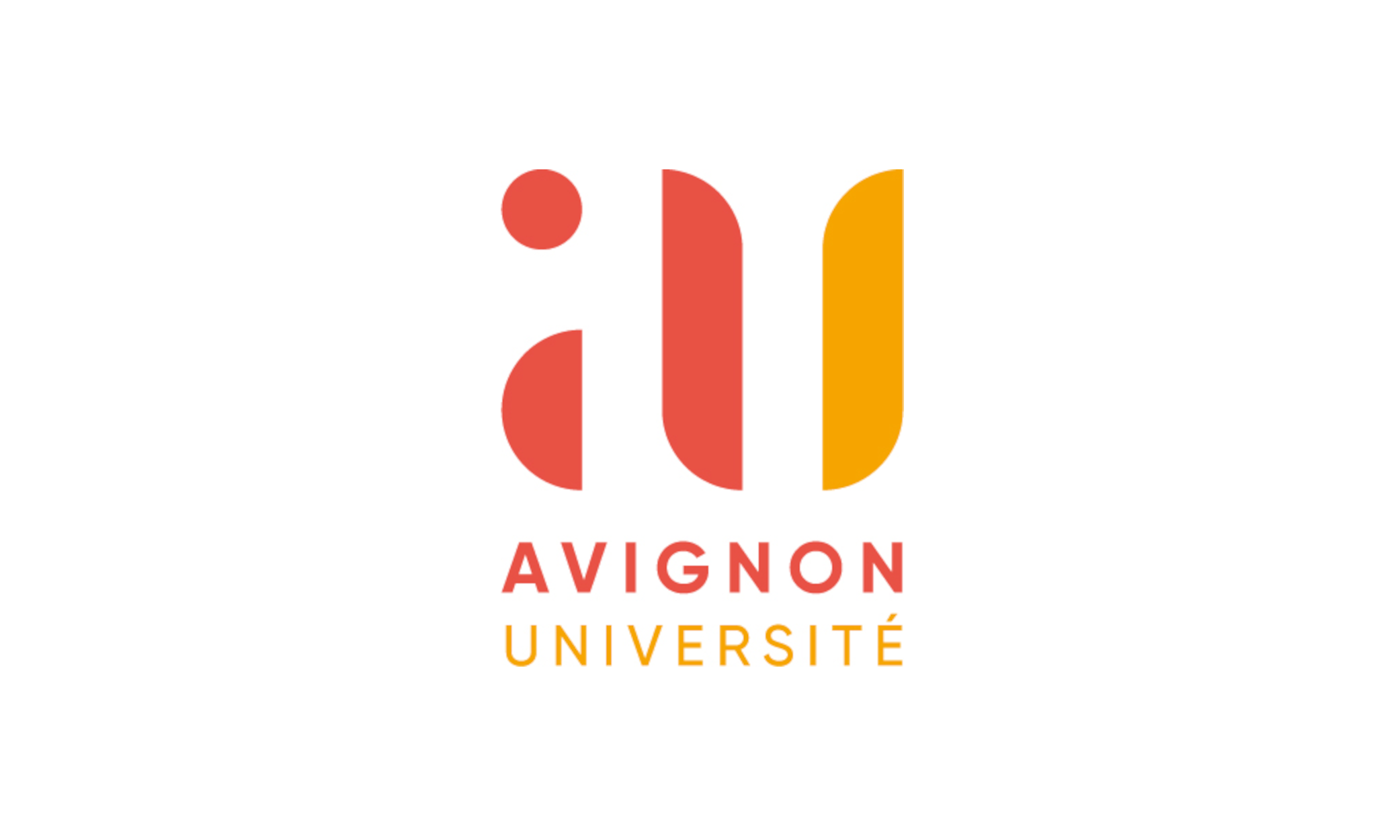
Welcome on the Research Data Gouv space dedicated to the research data of the University of Avignon. You will find here datasets produced by or in collaboration with the scientific community.
The aim of this space is to develop the visibility and accessibility of research data produced by or in collaboration with researchers at Avignon Université, and to ensure that it is valued, shared and preserved according to the principle of "as open as possible, as closed as necessary" and in compliance with the FAIR principles (Easy to Find, Accessible, Interoperable, Reusable).
Would you like to use a dataset ? Please refer to the license to find out about the conditions of re-use.
You wish to deposit your datasets or if you have any questions about the research data, please write to science-ouverte@univ-avignon.fr
-
CY Cergy Paris University
CYU
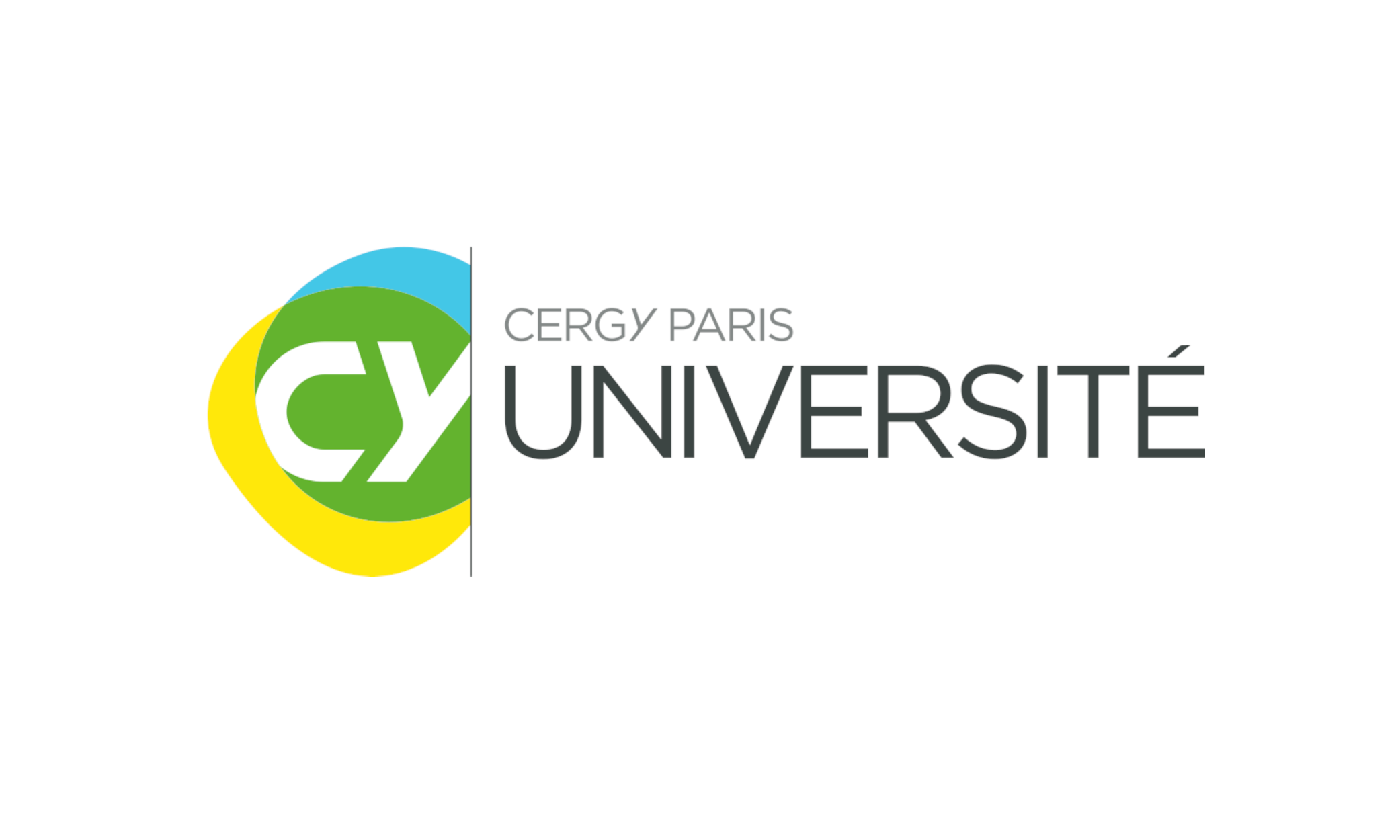
CY Cergy Paris University brings together the University of Cergy-Pontoise, EISTI and the ComUE Paris Seine created in 2012. ESSEC, for its part, is associated by decree with the university and integrates its governance.
-
École des Ponts ParisTech
École des Ponts ParisTech
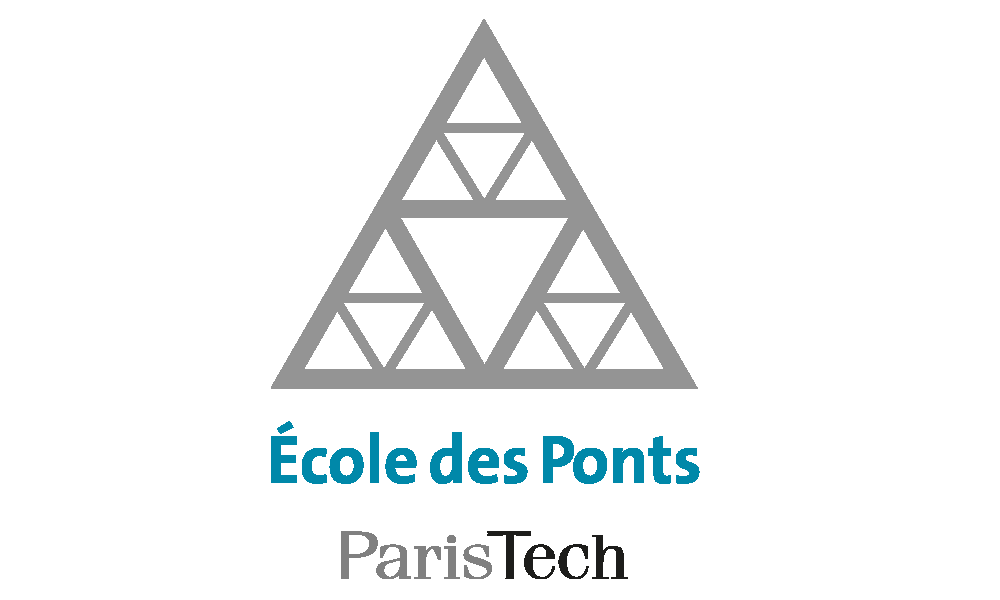
École des Ponts ParisTech, created in 1747 under the name École Royale des Ponts et Chaussées, is a higher education establishment that trains engineers to a high level of scientific, technical and general competency. Apart from civil engineering and spatial planning, historically the source of its prestige, the School develops high-quality programs and research associated with the energy transition.
-
Ecole nationale de l’aviation civile (ENAC)
Ecole nationale de l’aviation civile (ENAC)
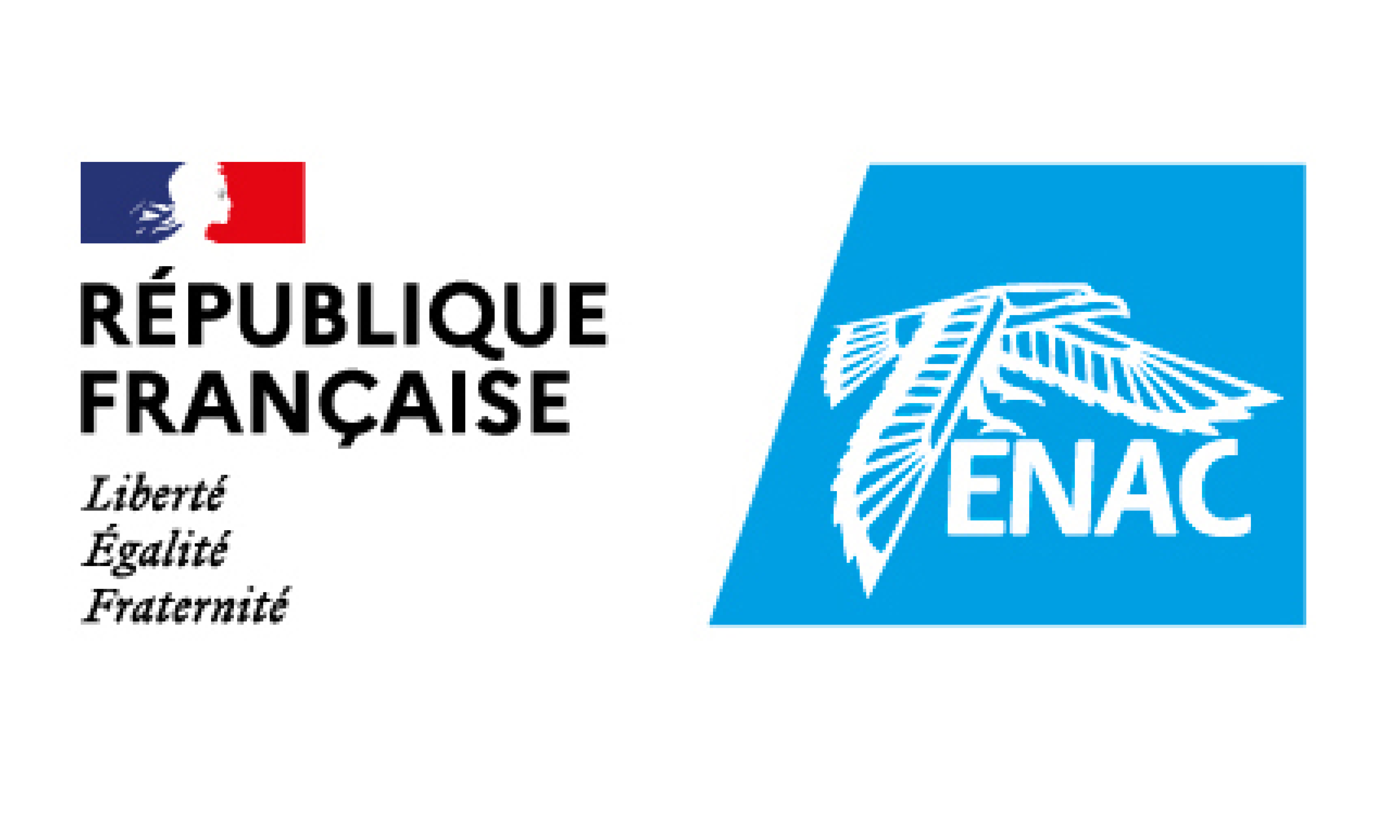
Our institution provides a comprehensive range of 28 higher education programs ranging from Bachelor to Master of Science, Aviation Advanced Master, Master of Business and Administration as well as Ph.D.s in the domains of aeronautics and aviation.
Since its creation in 1949, ENAC has provided professional training to civil aviation personnel such as Air Traffic Controllers, ATSEPs and technicians for Civil Aviation Authorities (CAA) or Air Navigation Service Providers from all over the world (e.g. China, Switzerland, EuroControl, Indonesia, Philippines, Brazil, Africa, Georgia, Mongolia, Saudi Arabia).
ENAC alumni work in aeronautical and aviation companies, in fields such as manufacturing (Airbus, ATR, Embraer, Safran, P&W, GE, Rockwell Collins, Thales, Indra), and airports, airlines, civil aviation authorities as well as air navigation providers across the globe.
-
Ecole Supérieure des Agricultures (ESA)
Ecole Supérieure des Agricultures (ESA)
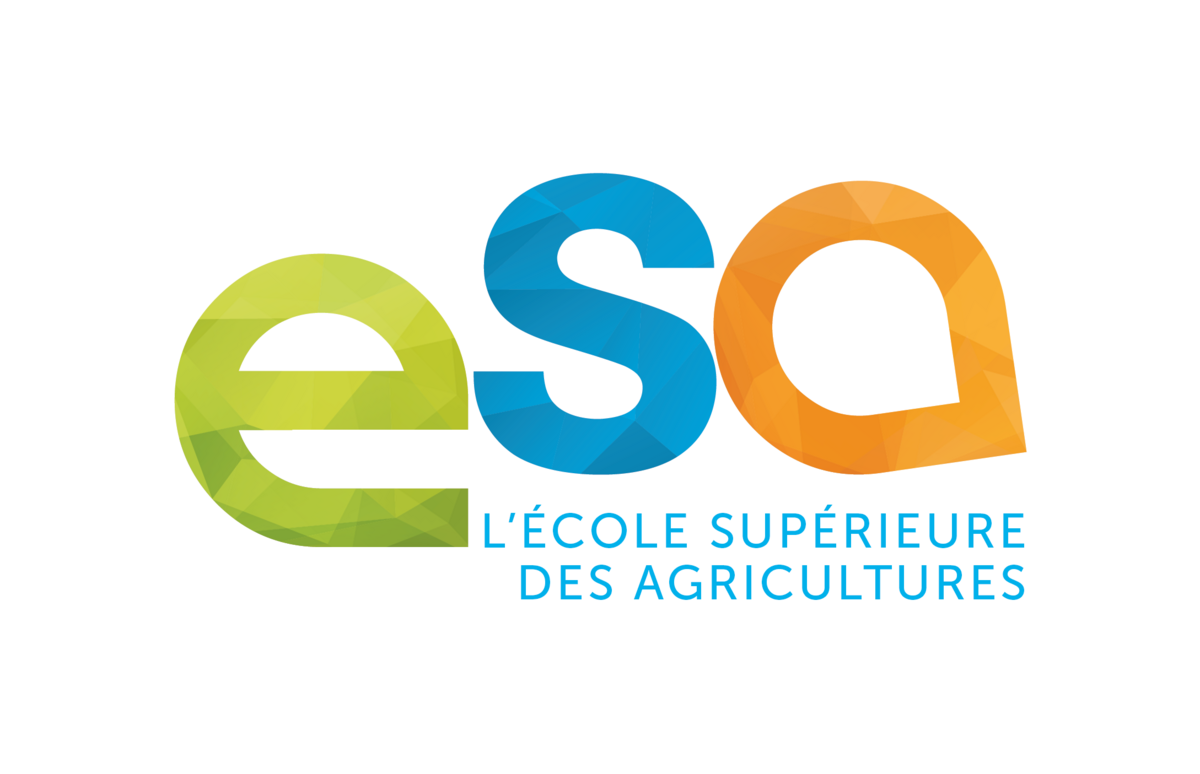
L’Ecole Supérieure des Agricultures (ESA) is a multidisciplinary private Institute of Higher Education and Research founded in 1898 and specialising in Agriculture, Agronomy, Food Science, Viticulture & Enology, Environment and Agribusiness. Our institution had over 3 000 students from different careers (Agricultural engineering, Bachelor's degree, Master's degree and Doctorate). Our institution gives priority to multidisciplinary and applied research, in touch with societal challenges and closely linked to education. Our research helps to maintain and develop the scientific significance of the school, supporting and strengthening the quality of our educational programs.
-
ENSSIB - the National School of Information Sciences and Libraries
ENSSIB - the National School of Information Sciences and Libraries
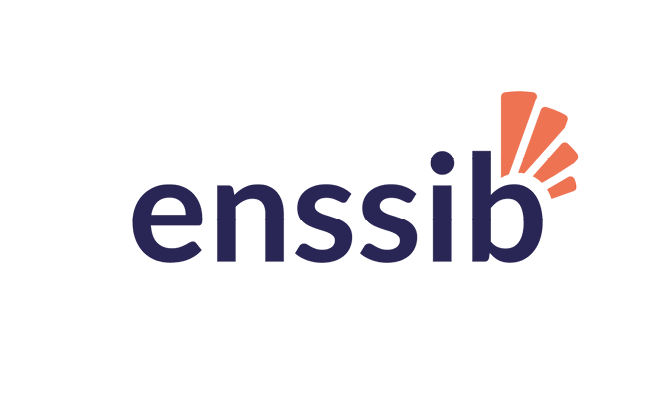
Created by decree no. 92-25 of 9 January 1992, the National School of Information Sciences and Libraries (Enssib) promotes an original model of a large public service school and a higher education and research institution. It provides two statutory training courses (curators and librarians of the State and the City of Paris), three master’s degrees, two school-leaving certificates and a lifelong training offer for public sector managers. Co-custodian of two laboratories, it carries out research activities and makes available to professional communities resources, a physical and digital library, several editorial collections and two journals, Some of which are broadcast in open and free access.
By virtue of its status and activities, Enssib is one of the leading francophone schools, internationally recognized in information sciences, libraries and print history. In a landscape marked by increasingly rapid technological developments and strong societal challenges, which it is important to know how to analyze and anticipate, its role consists in accompanying the changes in the professions for which it trains.
Enssib has made open science a structuring work axis for the period 2022-2026. Its establishment project includes the implementation of the Data and Open Science (DSO) transversal participatory program. This programme aims to develop a common culture in open science and data through awareness-raising actions and cross-cutting projects for the staff, students and student civil servants of Enssib. The institution has a Charter for Open Science that includes a strong commitment to structuring, managing and sharing research data. -
French Agricultural Research Centre for International Development (CIRAD)
French Agricultural Research Centre for International Development (CIRAD)
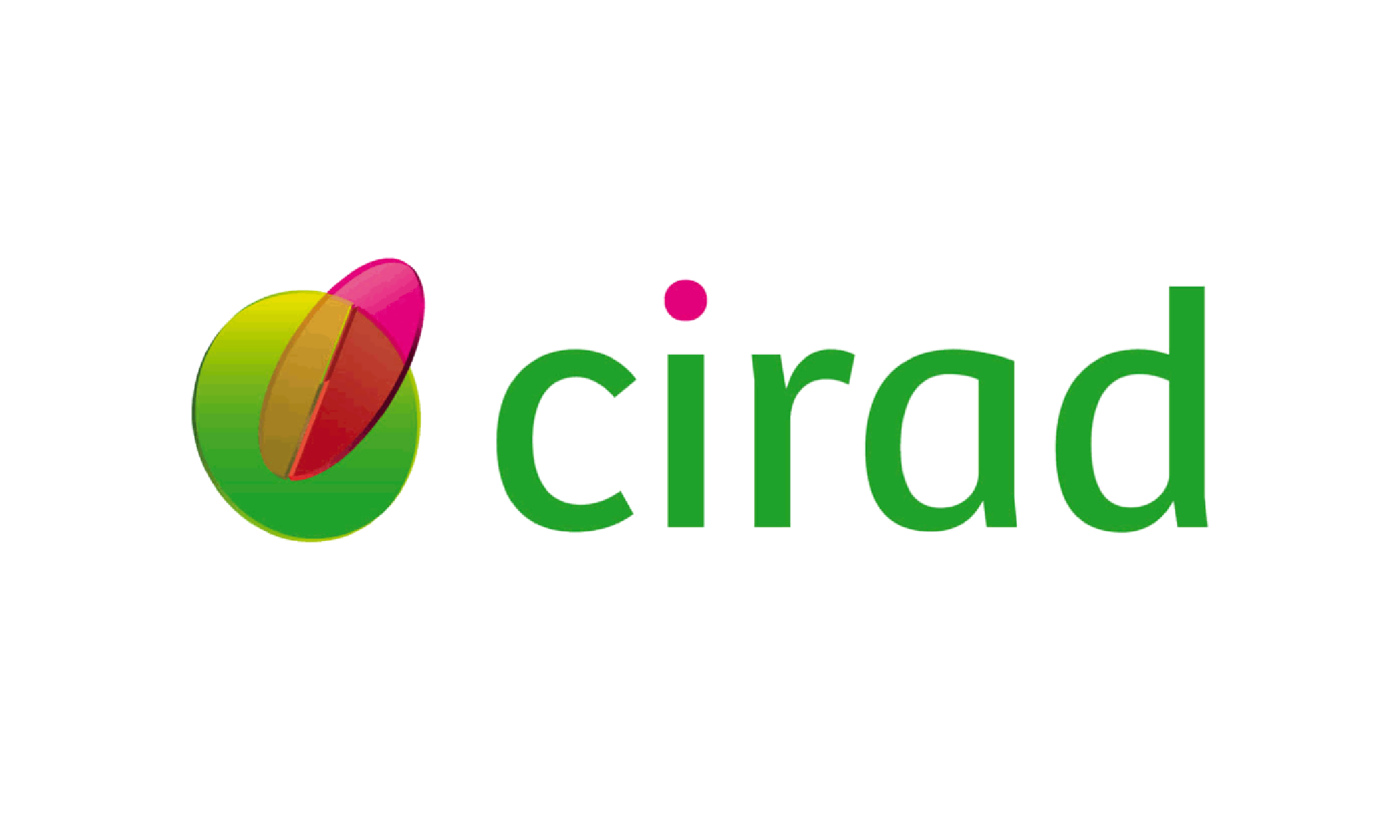
CIRAD (French Agricultural Research Centre for International Development) works with its partners to build knowledge and solutions and invent resilient farming systems for a more sustainable, inclusive world. It mobilizes science, innovation and training in order to achieve the Sustainable Development Goals. Its expertise supports the entire range of stakeholders, from producers to public policymakers, to foster biodiversity protection, agroecological transitions, food system sustainability, health (of plants, animals and ecosystems), sustainable development of rural territories, and their resilience to climate change.
CIRAD was founded in 1984 as a public establishment (EPIC), following a merger of French tropical agricultural research organizations, and is under the joint authority of the Ministry of Higher Education, Research and Innovation and the Ministry for Europe and Foreign Affairs. As such, it supports French science diplomacy operations.
CIRAD works in some fifty countries on every continent, thanks to the expertise of its 1650 staff members, including 1140 scientists, backed by a global network of some 200 partners.
-
French Alternative Energies and Atomic Energy Commission (CEA)
French Alternative Energies and Atomic Energy Commission (CEA)
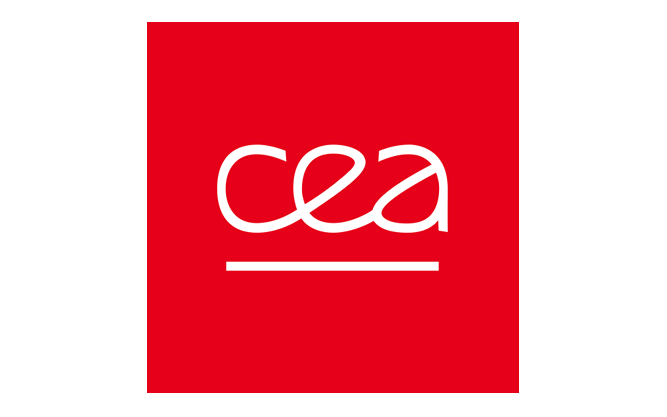
The CEA is a major research organisation working in the best interests of the French State, its economy and citizens. Thanks to its strong roots in fundamental research, it is able to provide tangible solutions to meet their needs in four key fields: Low-carbon energy (nuclear and renewable), Digital technology , Technology for medicine of the future , Defence and national security.
Contact: rdg@cea.fr
-
French Authority for Nuclear Safety and Radiation Protection (ASNR)
French Authority for Nuclear Safety and Radiation Protection (ASNR)
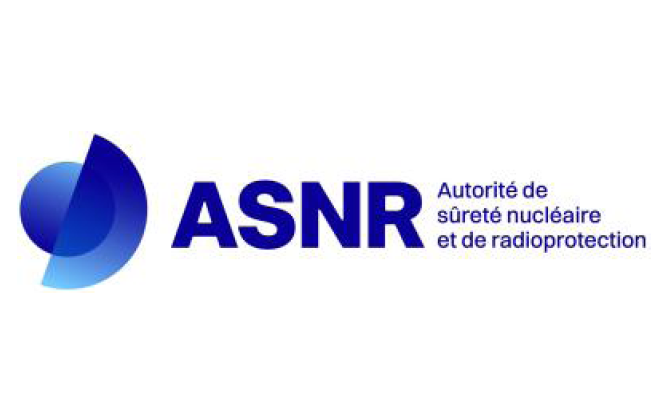
The French Authority for Nuclear Safety and Radiation Protection (ASNR) is an independent administrative authority. The ASNR now oversees civil nuclear activities in France on behalf of the State. It also carries out research, expert appraisal, training and public information missions in the fields of nuclear safety and radiation protection.
Its research contributes to the development and implementation of public policies for the prevention and protection against risks associated with ionizing radiation in the energy, environment and health sectors.
Research conducted by the ASNR is divided into research programs aimed at producing data and tools in support of public service missions, particularly in the field of nuclear safety, and more fundamental research programs designed to advance the field of knowledge, particularly in understanding the effects of ionizing radiation on health and the environment. The variety of sectors in which the Authority is involved and the broad spectrum of scientific disciplines it mobilizes, are a distinctive feature of this organization: nuclear sciences, engineering sciences, geosciences, environmental sciences, life sciences, medical and health sciences...
-
French National Centre for Scientific Research (CNRS)
French National Centre for Scientific Research (CNRS)
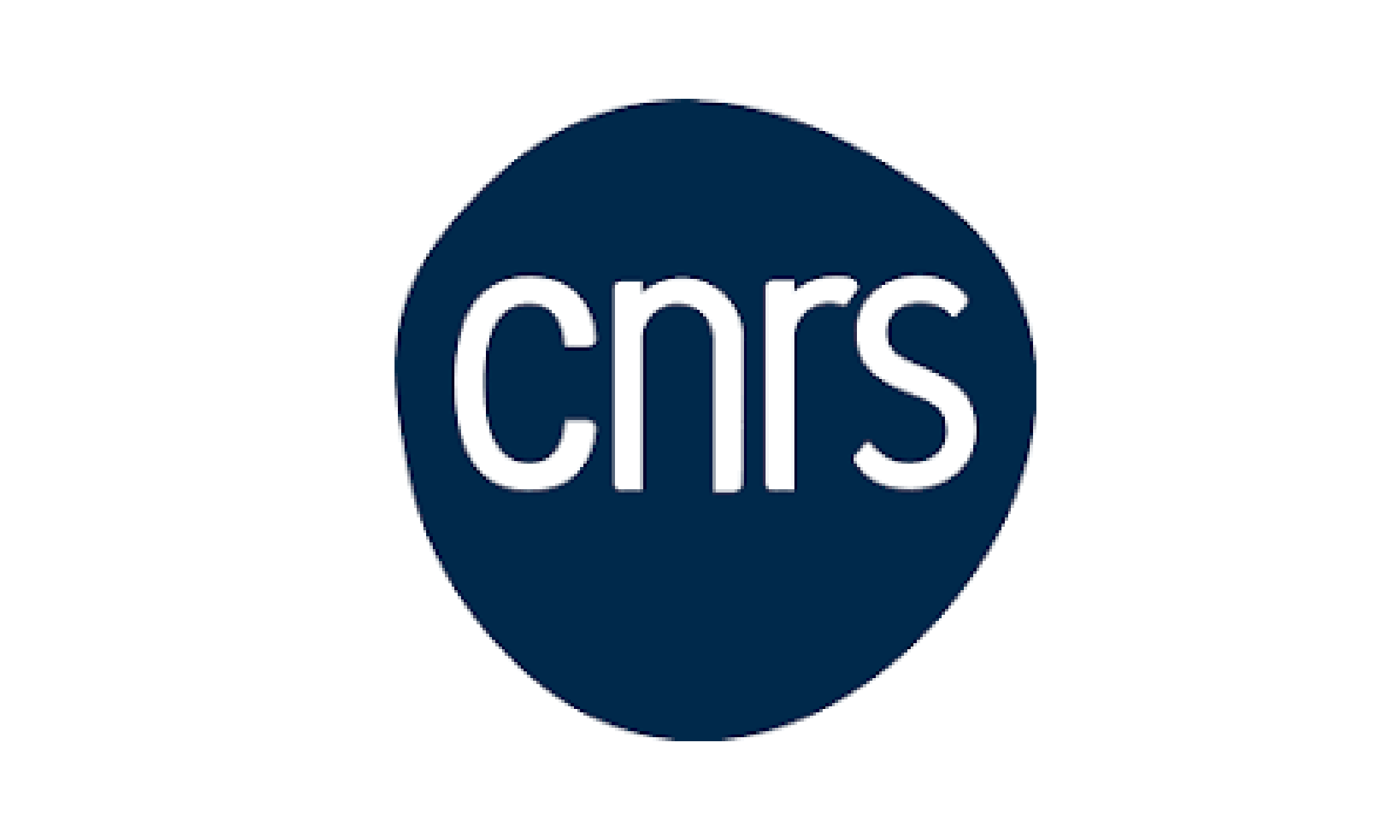
The French National Centre for Scientific Research is among the world's leading research institutions. Its scientists explore the living world, matter, the Universe, and the functioning of human societies in order to meet the major challenges of today and tomorrow. Internationally recognised for the excellence of its scientific research, the CNRS is a reference in the world of research and development, as well as for the general public.
-
French public research institution (IRD)
French public research institution (IRD)
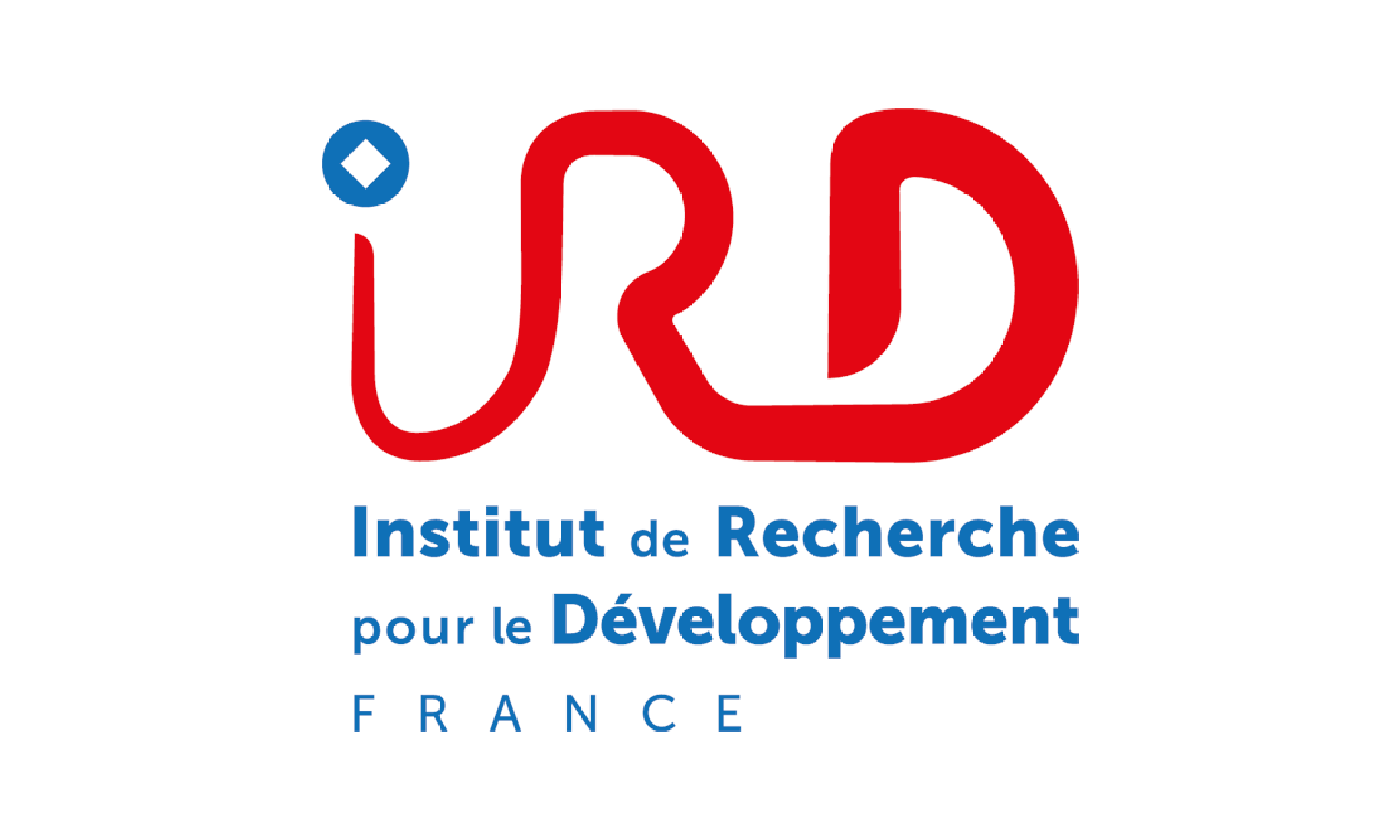
A French public research institution, IRD supports an original model of equitable scientific partnership and interdisciplinary, citizen, sustainability science committed to the achievement of the Sustainable Development Goals.
-
Institut national supérieur de formation et de recherche pour l'éducation inclusive
INSEI
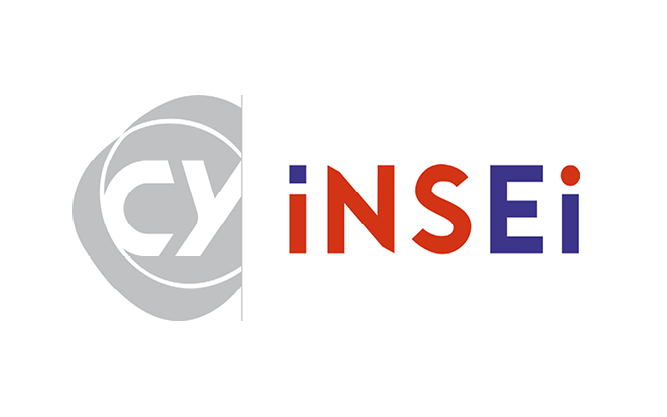
The Institut national supérieur de formation et recherche pour l'éducation inclusive (INSEI) is a national public training and research institution dedicated to special educational needs, accessibility and inclusive education. Under the dual authority of the Ministry of National Education and the Ministry of Higher Education and Research, it has been part of CY Cergy Paris University since February 2025. The Research Data Gouv institutional space dedicated to INSEI's research data enables the institute's scientific community to deposit, share and/or make public the data produced or co-produced as part of its research work.
Contact : data@insei.fr
-
Institut Mines-Télécom (IMT)
Institut Mines-Télécom (IMT)
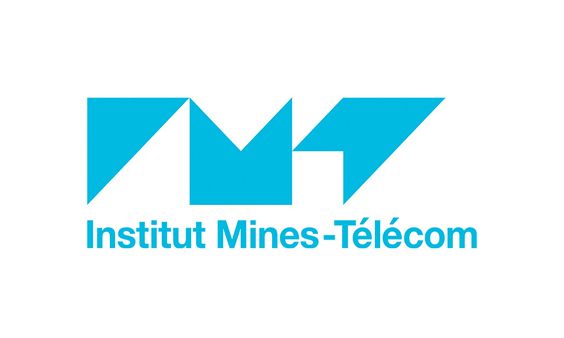
Institut Mines-Télécom (IMT) is the French Ministry of the Economy, Industry and the Digital Economy’s largest higher education and research institution. Its teaching and research teams, students and PhD students work alongside companies to develop and revitalize their regions. Fully committed to the Open Science approach, IMT has adopted an Open Science Charter and a structure designed to share, open and promote the results of its research, including publications, data, algorithms and source code.
-
Institut national de la santé et de la recherche médicale (Inserm)
Institut national de la santé et de la recherche médicale (Inserm)
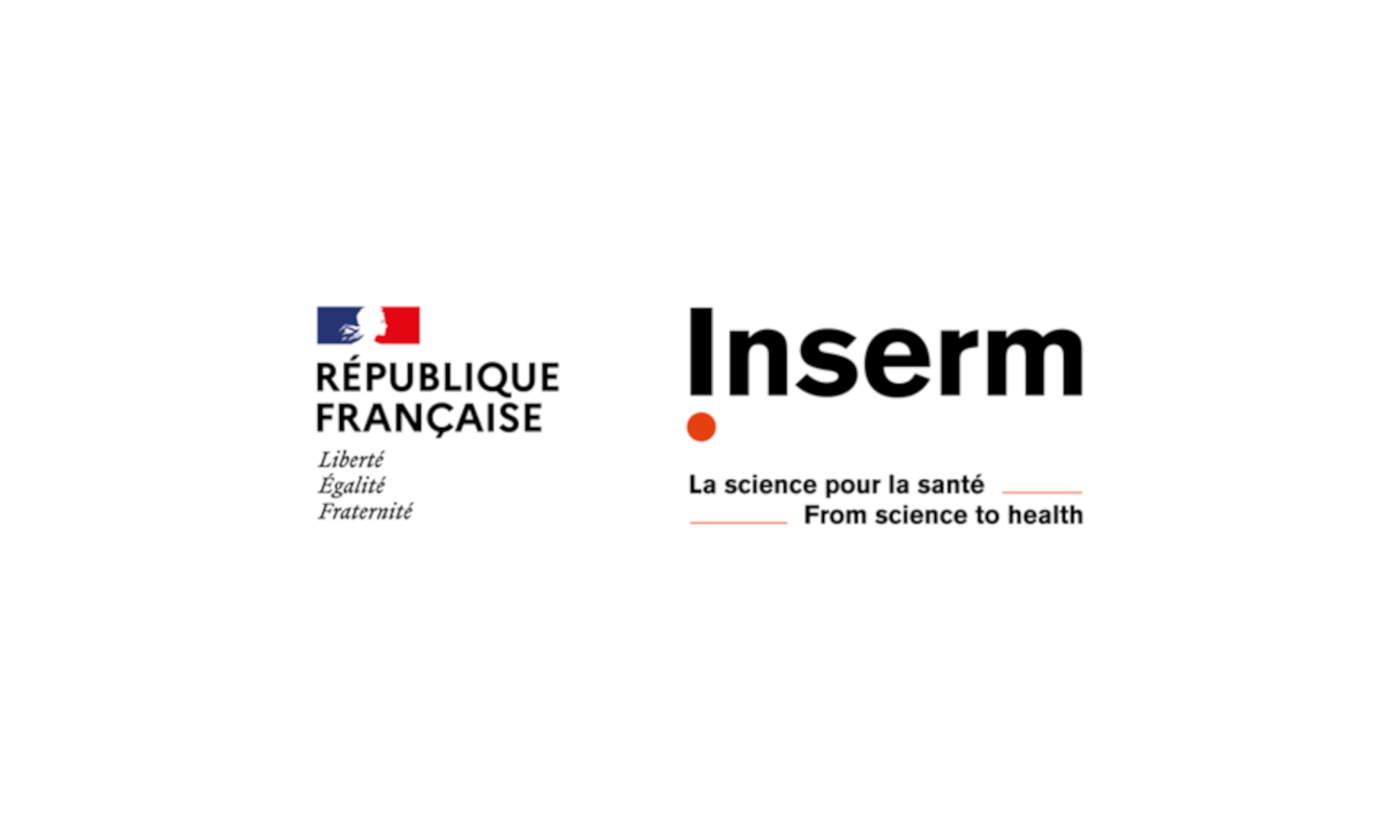
Founded in 1964, Inserm is a public scientific and technological institute which operates under the joint authority of the French Ministries of Health and Research. The institute is dedicated to biomedical research and human health, and is involved in the entire range of activities from the laboratory to the patient’s bedside. It also partners with the most prestigious research institutions in the world that are committed to scientific challenges and progress in these fields.
-
Institut national de recherche pour l'agriculture, l'alimentation et l'environnement (INRAE)
Institut national de recherche pour l'agriculture, l'alimentation et l'environnement (INRAE)
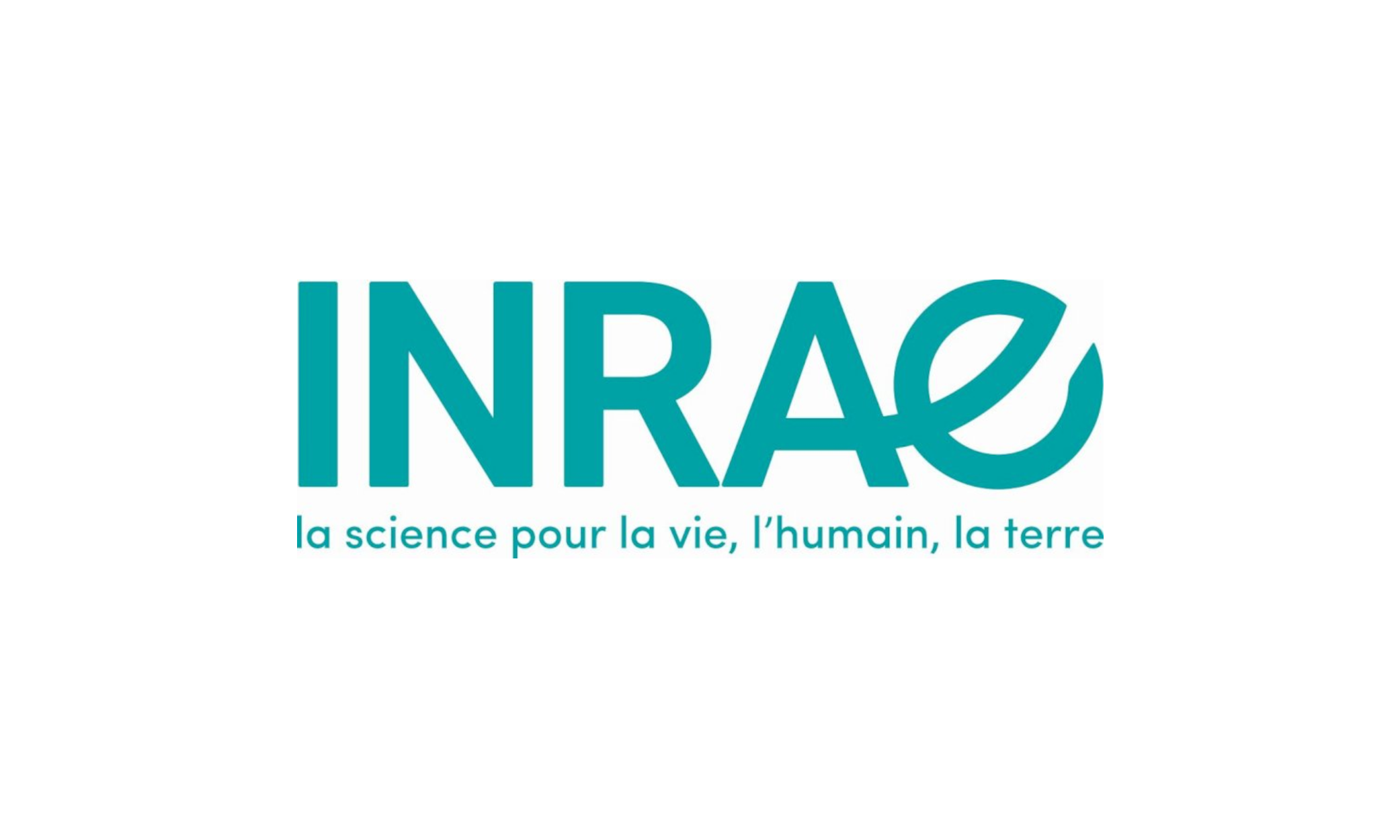
INRAE is France's new National Research Institute for Agriculture, Food and Environment, created on January 1, 2020, It was formed by the merger of INRA, the National Institute for Agricultural Research, and IRSTEA, the National Research Institute of Science and Technology for the Environment and Agriculture.
-
Institut Pasteur
Institut Pasteur
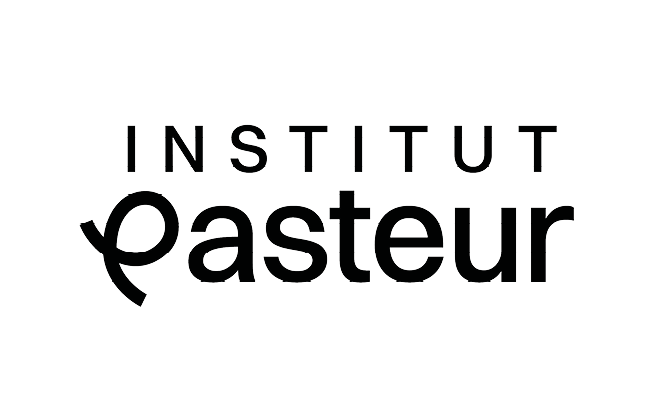
The Institut Pasteur is a private, non-profit foundation. Its mission is to help prevent and treat diseases, mainly those of infectious origin, through research, teaching, and public health initiatives.
-
Institut Supérieur de l'Aéronautique et de l'Espace
ISAE-SUPAERO
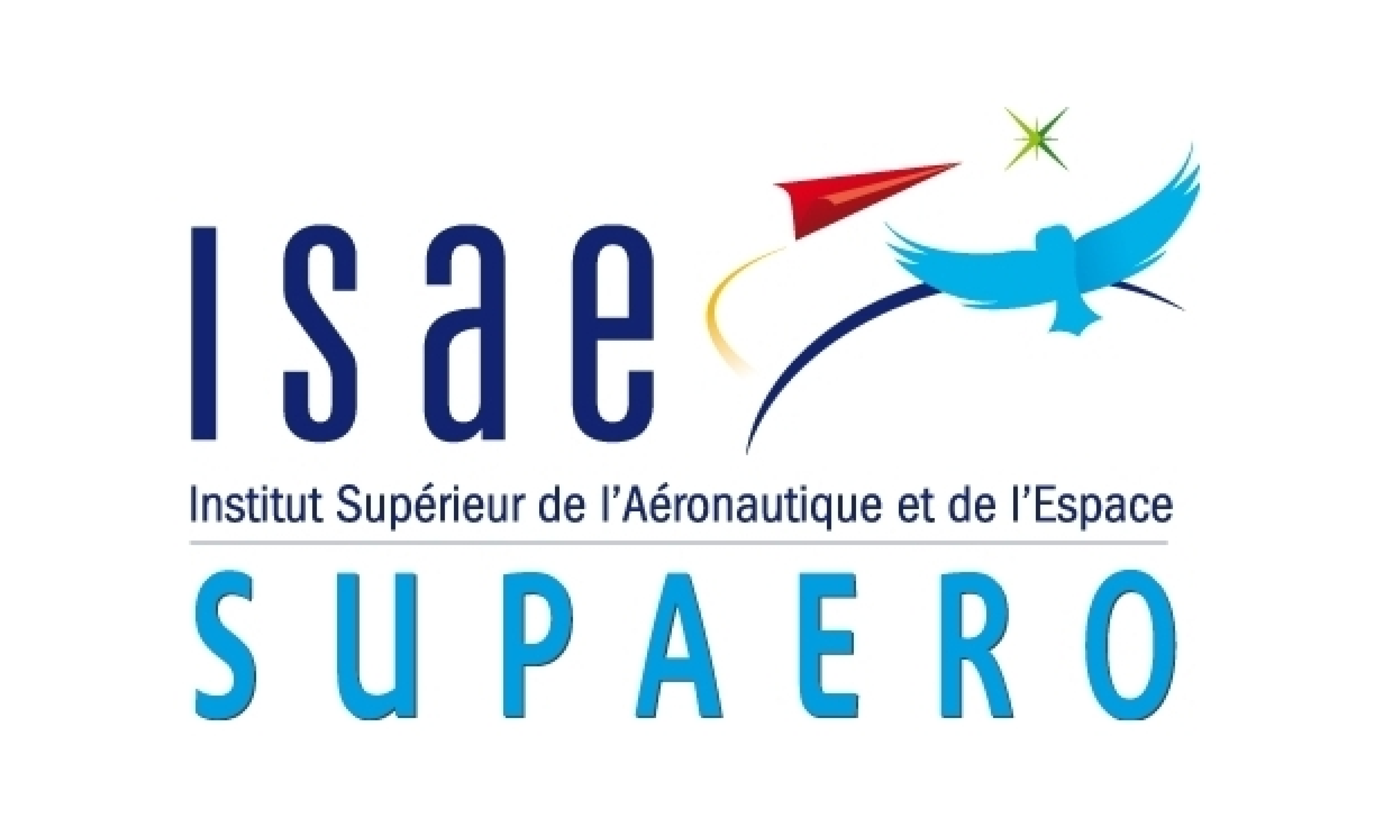
Bienvenue sur l'espace Recherche Data Gouv dédié aux données de recherche de l'Institut Supérieur de l'Aéronautique et de l'Espace (ISAE-SUPAERO). L’ISAE-SUPAERO est un leader mondial de l’enseignement supérieur dans le domaine de l’ingénierie aérospatiale.
-
Isara
Isara
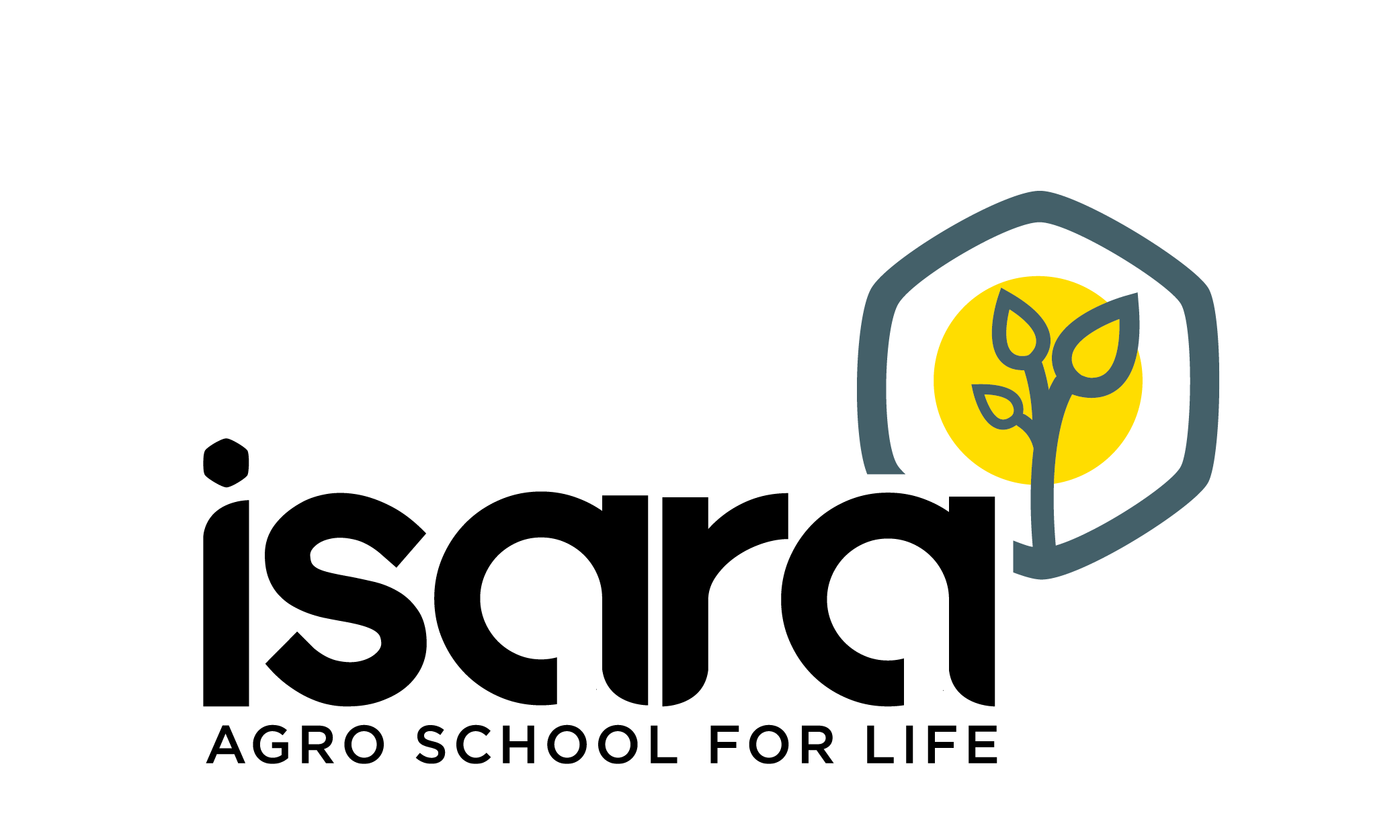
Isara is an Institute for Higher Education and Research with focus on agronomy, food science and environment which has for many years been developing research in the field of agroecology and sustainable food systems. The main objectives of this research are to diversify cropping systems, better take into account and improve soil health, as well as understand and integrate the role and function of biodiversity in agroecosystems, whether they be terrestrial crop production systems or aquatic systems for fish production. In close association with the study of sustainable food systems, this approach enables a cross-disciplinary and comprehensive view of all the aspects of agroecology development. ISARA also contributes to shape teaching programmes and European masters, and to facilitate the agroecological and food transitions through consulting activities for professionals and other stakeholders.
1 - 20 sur 54 publications
